Chess records: The Blues and the birthplace of Rock n Roll
When people think of the blues, the first thing that springs to mind isn’t necessarily a young polish immigrant. Yet in the case of young Leonard Chess, this was exactly the vision he’d instilled in those who remember the long reigning sound of the world famous 'Chess Records’.
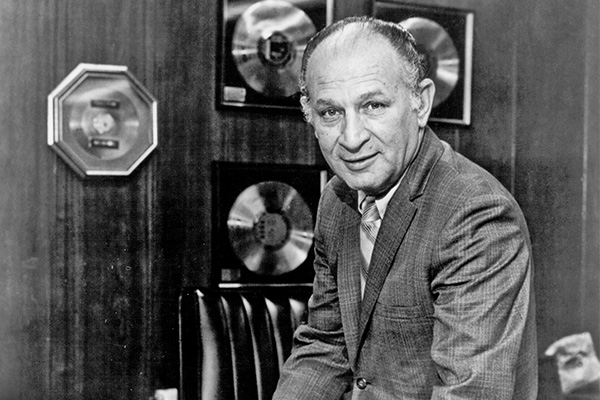
Mr. Chess’ music endeavour started out in a small shack in Chicago that he and his brother turned into a nightclub. Situated in a rough coloured neighbourhood notorious for walking on the other side of the law, it was a far cry from Leonard's polish homeland that he was use to.
Though in 4 years of the clubs opening, it fast became a popular spot for local musicians and patrons alike. Through these performances, Leonard Chess was exposed to the gritty sounds of black Chicago Blues, Electric blues and Rock n Roll. The sounds of these musicians would go on to mould Chess’ in terms of his musical style and his productions in the years that were to follow.
After the club burnt down in 1950, and recognising the talent that had come through its doors over the years it stood, the two brothers decided to invest in a recording studio named Aristocrat records. Owned by Charles and Evelyn Aaron, along with their business partners Fred and Mildred Brount and Art Spiegel; whom over time Leonard would eventually buy out until he and his brother were the sole owners of now the rightly retitled Chess Records. They saw an opportunity where they would give the musicians who so eagerly lined up at their club to play, an even better and more promising opportunity - The opportunity of having their music on a record.
The brothers couldn’t have timed it better. Around the time of the second great migration where African Americans were fleeing the south to escape the constant oppressing torment of Jim Crow and the Klu Klux Klan’s hold of the most southern part of America, talent was not scarce in Chicago. Coloured plantation workers wishing to escape the life of the cotton fields and head for the city in pursuit of better opportunities. Many who were seasoned veterans of the instruments they played and some of whom could even sing a note to accompany their intricate arrangement. These circumstances would spark the young Poland’s attachment to the sound of Electric Blues. An attachment heavily influenced by the period as well as the city itself.
The moment that would define Chess’ style would come in 1948, in the form of
a coloured man named Mckinley Morganfield. Who in time the world would come to known as Muddy Waters.
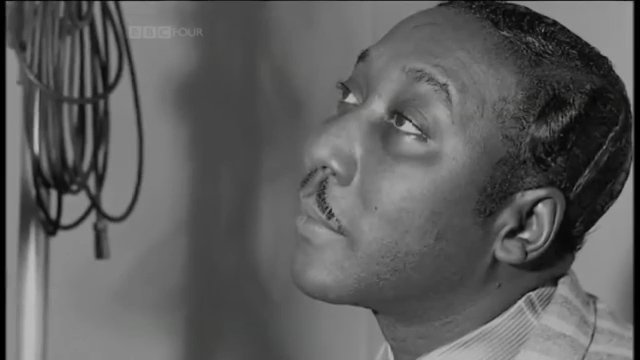
Prized for his juke joint performances and hot jam sessions around the Stovall plantation, Morganfield longed for more than what the cotton fields could offer him. He moved to Chicago in 1943 where after working a few odd jobs, had finally got the opportunity to record his first record in 1948 which see’s the artists native Delta blues style merge with the gritty electric soul of his new Hometown. Muddy recorded his songs “I Can’t Be Satisfied” and “I Feel Like Going Home” which catapulted the Chess brothers into being seen as major players in the music business. The success of the records convinced Leonard and brother Phil that Blues was the way to go.
As trust built with Leonard and Muddy, he gradually started allowing Muddy Waters to bring in his own fellow muso’s to cut records. And by 1950, the Chess brothers already had a strong client base with the likes of the then titled Harmonica King Little Walter, Guitarists Robert Nighthawk and Jimmy Rogers and Bass extraordinaire Willie Dixon.
Formerly a boxer and also a Mississippi runaway, Willie Dixon was a prominent figure in terms of helping Leonard Chess mould the sound of Chess Records. Not only assisting in shaping the sound of the label, but being what most
would describe as the architect of the post World War two Blues scene that continues to prosper today.
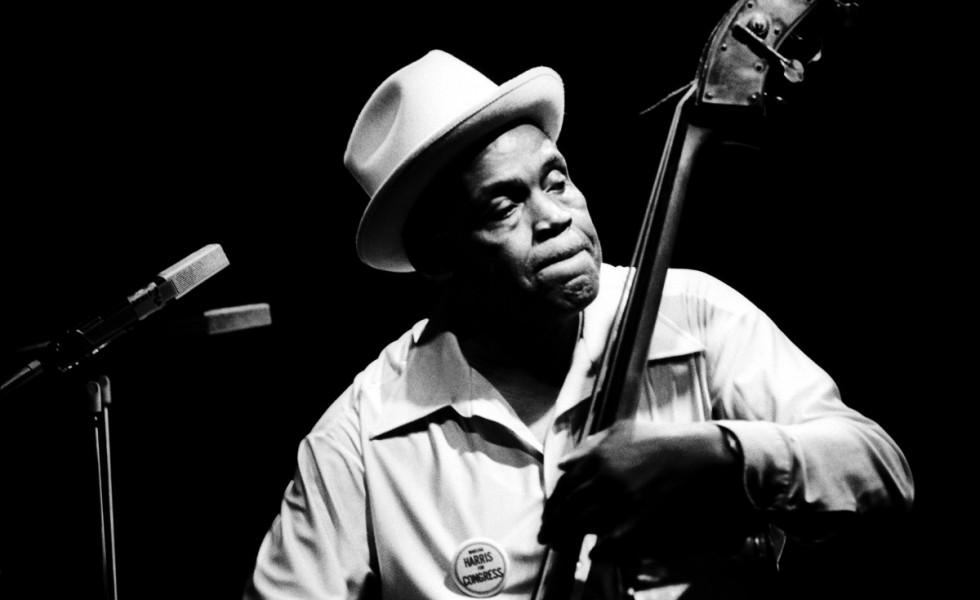
A genre that would branch out and take on many other sub genres as it developed through each generation to come. Willie became the brothers ‘right-hand man’, giving them an exclusive advantage as Willie knew and was emerged in the blues scene for a long time. He knew what was trending and kept one ear to the street at all times for the latest raw talent. He had his hand in all the right people's pockets when it came to local blues music. He was the brothers VIP pass into a world that they could only get so close to before they needed an inside man. Willie Dixon was the inside man.
Though being a talent scout for the Label was not Willie Dixon’s only contribution to the business. An Arranger and Song writing genius, He also wrote a large part of the genre’s biggest hits including the famous “Hoochie coochie man”. Sung by Muddy Waters, was a track that epitomised the label’s Electric Blues era. A song made purely for adult ears, with all the sexual implications to cater for the more mature audience.
The alluring sound of “My Babe” performed by Chess Record’s notorious Blues bad boy Little Walter. A man who’s combo of harmonica playing and real life lyrics embodied the struggles of the Black American Males of the time. Also a man who because of the way his harmonica was recorded (through an amplifier) would change the requirements of the standard Blues band. The song "Little Red Rooster” brought to life by the howling voice of Chester Arthur Burnett; who in time would come to be remembered the world over as “The Howling Wolf”.
Very seldom did the Label release a song that didn’t have Willie’s influence. Whether it was his lyrics whirling through a microphone, or his bass riffs confidently dominating arrangements, hardly ever did Willie Dixon exclude himself from the sound that was and still is to this day distinctly Chess.
These songs and many more after would become the signature sound of Chess Records, and Blues from delta to Electric; the signature style of Co owner and producer Leonard Chess. and very obvious in his style or more so his taste was an apparent fondness for "Black American slang”. Songs so memorable, listeners reflecting on the times of the record labels reign; claimed to owe a huge debt to Chess Records, as they were so moved by the songs that the Label had produced. Placing the labels music at the forefront when recollecting the “feel" of that particular period.
In 1952 another Blues man emerged - Little Walter. A man who’s Harmonica playing was unmatched in Chicago.
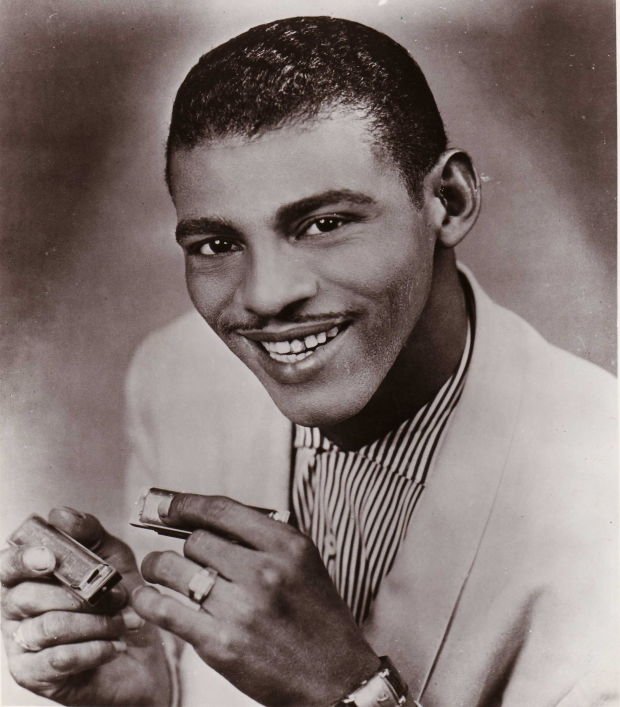
After a recording session Little Walter was given the opportunity to record his own record. He recorded a song called “Juke” which instantly became a hit. Solidifying the young Blues Man’s spot with the label. Little Walter was the Labels "Fire starter”. adding a fresh new flavour to the labels already well established Blues sound.
These songs and many more after would become the signature sound of Chess Records, and Electric Blues and Soul the signature style of Co owner and producer Leonard Chess. Alot to which he had Willie Dixon to thank for as Willie was his eyes on the strings, and his ears to the track. Willie once said “I am the Blues”. It’s safe to say he wasn’t bragging. Or lying for that matter.
Others that would Also grace the Label with their own personal flare were the likes of Chester 'Howlin Wolf’ Burnett, To the Jazz Pianists Ahmed Jamal and Ramsey Lewis. Chess even extended his reach to Doo-wop groups like 'The Moonglows’ and 'The Flamingos’. So with the types of musicians and artist signed to Leonard Chess’ Label, It’s safe to say the man's style of music included nearly every facet of African American music.
It wasn’t until 1951 that Leonard Chess would introduce the world to the sound of Rock n Roll, upon the release of the hit track “Rocket 88” by newly signed artists Ike Turner and jackie Brenston. Though one particular artist would ensure the new genre’s longevity and catapult it’s allure to the masses. A man named Chuck Berry.
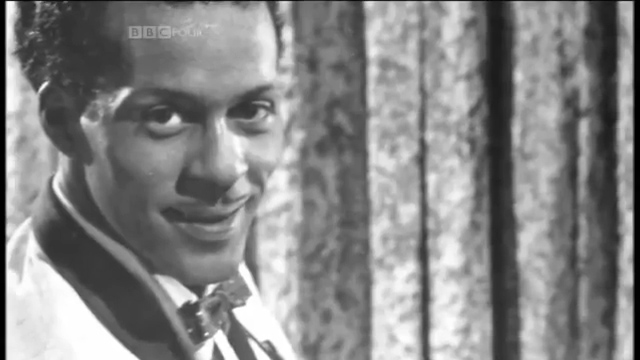
Discovered by Muddy Waters in St.Louis, Chuck Berry's upbeat style of blues mixed with country gave a new twist to the music. Accompanied by optimistic and flirtatious wordplay rather aimed at the high school kid as opposed to the middle class working adult, the music took on a new form catering to a brand new audience the Label had no chance in reaching before. With his fast paced fingers moving about as fast as his mouth, compacting more stanzas in a song than any other artist of the time, along with his mind boggling guitar solos made him the first guitar hero. He would lay the foundations of what would come to be known as Rock n Roll.
Chuck was then offered the opportunity to perform on one of America’s most watched music T.V shows 'American Bandstand’, where he put the light of the white mainstream media on Chess Records. Thus, The label was now operating on a much larger scale, and a lot of pressure was felt knowing they now had to cater to a broader audience. A film made from the time ‘Rock, Rock,Rock’ featured songs from numerous Chess artists. Though Chuck Berry’s latest track on the compilation titled “Roll Over Beethoven” would change the course of music forever and bring forth a new generation called Rock n Rollers.
It’s safe to say Chuck Berry’s influence on the 1960’s Chess Blues scene was one of historical proportions. Furthermore adding to the distinctive and now prestigious style of the Chess Brothers.
The birth of soul music would come in the 1960’s, In the form of a Black woman named Etta James, Whose voice was only matched by her beauty.
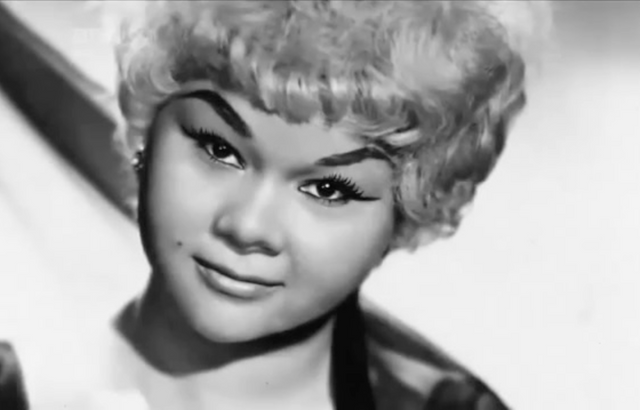
Leonard Chess’ and Etta’s relationship was one of disfunction with means to inspire. Mr.Chess doing anything to ignite a fire in the young woman to get the best vocal recordings he could. The young Etta James’ music would ensure that the labels music would remain at the top of the charts while former phenomenon Chuck Berry by this time had been incarcerated.
Though many other artists were added to the Chess records history books, it’s safe to say that the above names were a staple in terms of the style of the late Leonard Chess. And also the significance they have in terms of music’s evolution as it’s own being even more prominent.
References
https://joelfrancis.com/2008/12/08/the-real-cadillac-records-one/ https://joelfrancis.com/2008/12/10/the-real-cadillac-records-two/
You are fucking great at this man!
Thanks Coach !😉
Thank you for introducing me to a whole new names to study... I love blues and jazz music, it would have been very awesome if you had added links for us to listen the sounds created by this folks. I love your article, I love blues, I love electric guitars too.
Thanks brother! And heres the links to the doc if you'd like man:
Thanks for reading!
hey mate this is a very good post, have you watched the movie ? I was very excited after watching it and did little research on it actually. Did you know Rolling Stones met Muddy Waters there while he is painting the walls of recording studio? Stones were amazed when they saw him they invited him for a tour in Britain. Muddy learned he is famous around the world by that encounter :)
Thanks dude! yes I watched the documentary, as yes this is true. The rolling stones got their name from one of Muddy waters well known songs "Rolling Stone". I'm grateful to meet people with as much interest for the era as myself :)
Congratulations @podycameron! You have completed some achievement on Steemit and have been rewarded with new badge(s) :
Click on any badge to view your own Board of Honor on SteemitBoard.
For more information about SteemitBoard, click here
If you no longer want to receive notifications, reply to this comment with the word
STOP